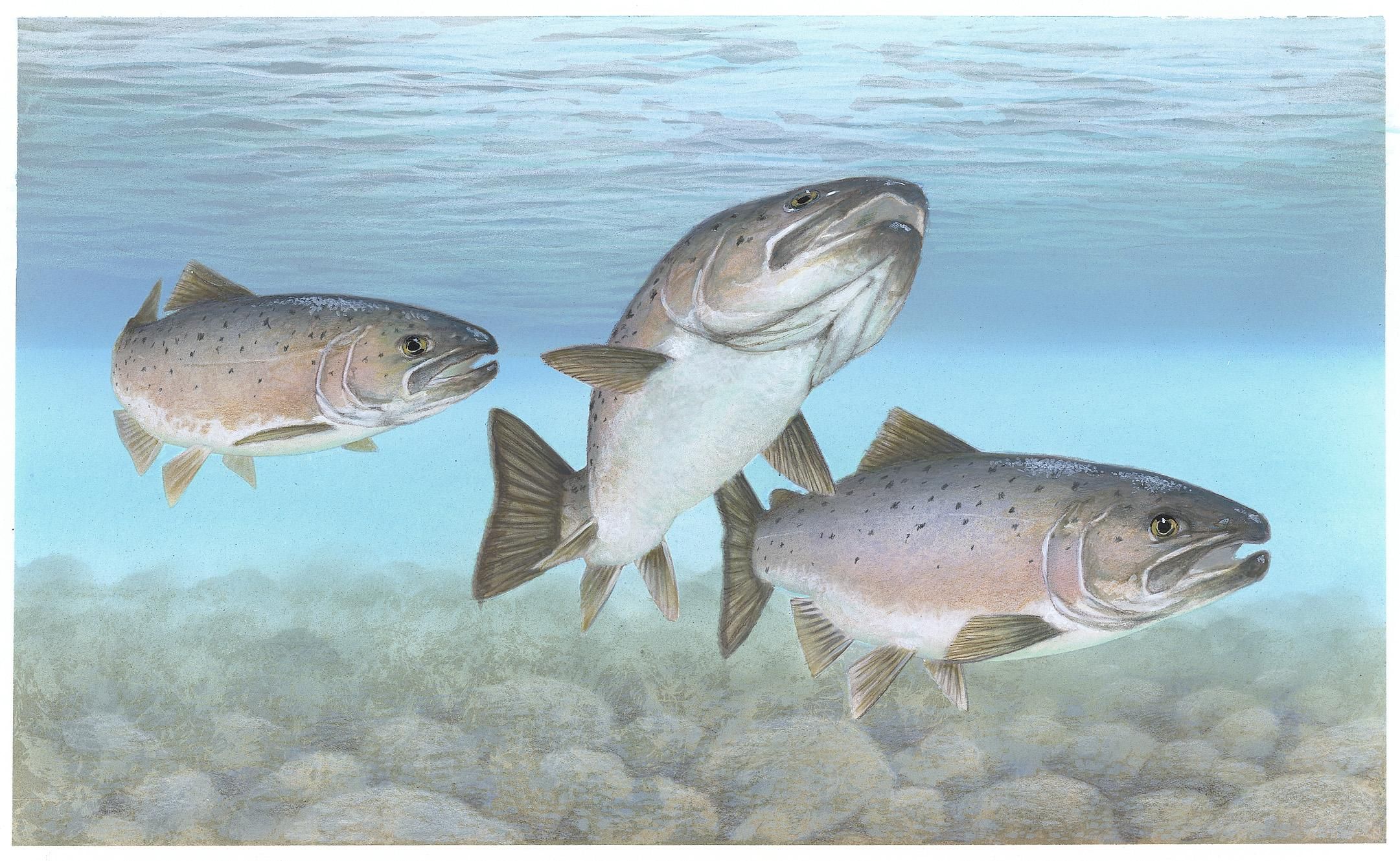As of Friday, May 4, you have 60 days to submit comments on the FDA’s new labeling rules for GMO foods, including the first genetically modified animal approved for human consumption in the United States — AquaBounty’s AquAdvantage salmon.
The USDA Agricultural Marketing Service devised the rules, which state that all foods containing ingredients that have been genetically modified must be labeled “bioengineered.”
However, the rules leave the door wide open for confusion and obfuscation. The label must indicate GMO ingredients via text OR a symbol OR text message OR an electronic or digital link disclosure — a bar code or similar. (Oh but don’t worry, the government has told these manufacturers that they’re not allowed to collect your data when you scan their bar code. How’s that for comfort?)
Not only does the label not have to say the word “bioengineered,” but it could convey this message through one of three yet-to-be-approved happy little symbols.



“The three symbols are designed to communicate the bioengineered status of a food in a way that would not disparage biotechnology or suggest BE food is more or less safe than non-BE food,” according to the publication in the Federal Register.
Indeed, two of the symbols include a smiley face, and the other a farmscape. They go much farther than staying neutral on genetically modified foods. They seek to put the consumer at ease with a smile and a bucolic hillside.
Salmon producers have been pushing for a label on GMO salmon because they’re concerned that the customer might be worried about confusing wild or farmed salmon with the genetically engineered version and therefore avoid salmon altogether.
Food served in restaurants, cafeterias and the like would not require labeling. Yes, this means that your kids could be served Frankenfish at school, no label required.
Offering a wide range of ways to label the product and loopholes to avoid labeling leaves the onus on the consumer to be highly educated on FDA labeling practices, which runs in direct opposition of the entire point of the FDA — which is to ensure consumer protection through a careful approval process of new drugs and now “animal drugs,” as termed by the FDA.
The standard FDA process allows the company seeking approval for a new genetically modified animal to provide all data for the application. Tests that verify safety may be peer reviewed, but they are controlled by the applicant.
The new laws go into effect in 2020, giving small businesses until 2022 to comply. AquAdvantage takes about 18 months to grow to market size, which means if they start producing now, they’ll have product ready for the new labeling just as it goes into effect. Their U.S. facility was approved at the end of April.
As if you needed further proof, your government does not work for you. It is in the full-time employ of corporations who pay to play. Submit your comments today, and before July 3!
Up next: Top 10 soylent green smoothie recipes.







